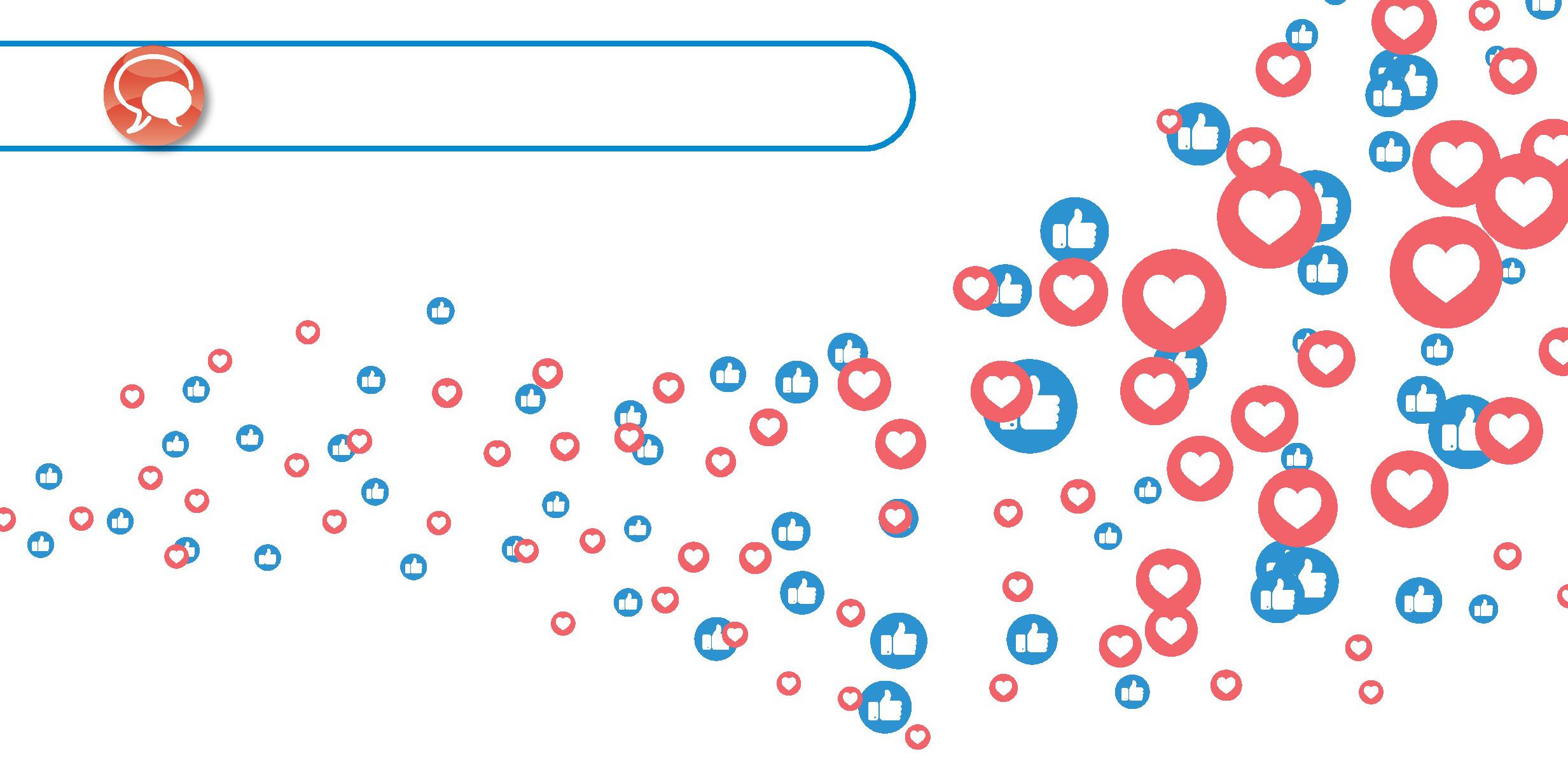
Influencers promoting fashion, food and fitness often have many thousands of followers. They have the power to affect the beliefs and behaviours (for example, purchasing) of their audience through regular blogging or posts on social media. Each influencer operates within a specific ‘niche’ — such as sustainable living — and has followers engaging regularly with their information. Influencers build up a reputation for having authority, knowledge and expertise, although their information may or may not be accurate.
Social media usage is phenomenally common, offering a huge potential for influencing society, but how? The psychology of influencers seems clearly within the domain of social psychology, but is it? This article explores how other approaches, such as learning and biological approaches, can also inform our understanding of the power, risks and potential benefits of influencers.
Your organisation does not have access to this article.
Sign up today to give your students the edge they need to achieve their best grades with subject expertise
Subscribe




